
The Art of Tradition: Embracing the Timeless Appeal of Fountain Pens
Hey there! Are you ready to explore the timeless appeal of fountain pens with me? In a world dominated by the digital age, there is something magical about putting pen to paper and experiencing the smooth, elegant flow of ink. Fountain pens have captured the hearts and minds of writers, artists, and pen enthusiasts for centuries, and their allure continues to grow. In this article, we will delve into the world of fountain pens, uncovering their enduring popularity, nostalgic appeal, and unique features that set them apart from other writing instruments. So, grab a cup of coffee, put on some relaxing music, and let's embark on this journey into the art of tradition!
Fountain Pen Market Analysis
Projected Growth by 2030
According to market research, the Fountain Pen market is projected to reach multimillion USD by 2030, indicating a growing interest in fountain pens. This growth is attributed to several factors such as the increasing popularity of luxury writing instruments, a rise in personalization trends, and a growing appreciation for the art of traditional writing. As more people seek unique and meaningful ways to express themselves, fountain pens offer a timeless and elegant solution.
Key Competitors
In the Fountain Pen market, there are several key competitors who dominate the industry. These include established brands such as Montblanc, Parker, Waterman, and Pilot. These brands have a long-standing reputation for producing high-quality fountain pens with exquisite craftsmanship and innovative designs. However, with the rise of boutique brands and independent artisans, there is now a diverse range of fountain pens available in the market, catering to different preferences and budgets.
Historical Data
Historically, fountain pens have been a symbol of prestige, elegance, and sophistication. In the early 20th century, fountain pens were the preferred writing instrument, favored by scholars, professionals, and individuals who appreciated the art of writing. However, with the advent of ballpoint pens and digital technology, the popularity of fountain pens declined significantly. In recent years, there has been a resurgence of interest in fountain pens, driven by a desire for a more tactile and personal writing experience.
Future Prospects
The future prospects of the Fountain Pen market look promising. As more people yearn for a break from the fast-paced digital world, fountain pens offer a retreat into an art form that requires patience, thoughtfulness, and craftsmanship. Furthermore, with increased environmental consciousness, fountain pens provide a sustainable alternative to disposable plastic pens, as they can be refilled with ink cartridges or used with bottled ink.
With the growing demand for fountain pens, manufacturers are continuously innovating to cater to the diverse needs and preferences of consumers. This includes the development of new designs, materials, and ink technologies. The Fountain Pen market is expected to expand significantly between 2023 and 2031, creating new opportunities for both established brands and emerging players in the industry.
In conclusion, the Fountain Pen market is experiencing a resurgence in popularity, driven by the desire for a more meaningful and personalized writing experience. Despite the availability of digital alternatives, fountain pens offer a timeless appeal that cannot be replicated. As the market continues to grow, consumers can expect a wider range of options and innovations in the world of fountain pens. So, whether you are a seasoned collector or a beginner exploring the world of fountain pens, there has never been a better time to embrace the art of tradition.
The Enduring Popularity of Fountain Pens
Fountain pens have been a timeless writing instrument that has captivated people for centuries. Despite the rise of digital technology and the convenience of smartphones and tablets, fountain pens continue to maintain their popularity among writing enthusiasts and professionals. What makes fountain pens so enduring? Let's delve into the reasons behind their continued appeal.
Improving Handwriting
One of the key advantages of using a fountain pen is its ability to improve handwriting. The smooth nib and ink flow of a fountain pen allows for more precise and controlled writing. This can help individuals develop a more consistent and legible handwriting style. Whether you're a student looking to improve your penmanship or a professional who values neat and elegant writing, a fountain pen can be a valuable tool in achieving that.
Reducing Hand Fatigue
Using a fountain pen requires less pressure on the paper compared to other writing instruments, such as ballpoint pens. This results in reduced hand fatigue, making it more comfortable to write for extended periods of time. Writers who frequently engage in lengthy writing sessions, like authors or journalists, can benefit from the ergonomic design of fountain pens that minimize strain on their hands.
Ergonomic Writing Experience
Fountain pens are designed with ergonomics in mind, providing a comfortable grip and balance. The shape and weight distribution of a fountain pen allow for a more natural writing posture, reducing strain on the hand, wrist, and fingers. This ergonomic design adds to the overall writing experience, making it enjoyable and effortless.
Environmental Benefits
Another significant reason for the enduring popularity of fountain pens is their environmental benefits. Unlike disposable ballpoint pens, which contribute to plastic waste, fountain pens can be filled with ink from bottles. By using fountain pens, you can significantly reduce the amount of plastic waste generated by writing instruments. This eco-friendly aspect has gained traction among environmentally conscious individuals who are actively seeking sustainable alternatives in their daily lives.
So, whether you're looking to enhance your handwriting, reduce hand fatigue, enjoy a more ergonomic writing experience, or contribute to environmental conservation, fountain pens offer a plethora of benefits that make them a beloved writing tool.
As Isamu Noguchi once said,
"When you write with a fountain pen, a mystical connection is made between hand and pen, and the words on paper become an expression of your soul."
Embrace the enduring appeal of fountain pens and discover the joy and artistry in the act of writing.
The Nostalgic Appeal of Fountain Pens
In an era dominated by digital technology, handwriting with fountain pens has become a rare and nostalgic experience. Many people are now rediscovering the joy and satisfaction that comes from putting pen to paper with these traditional writing instruments. The nostalgic appeal of fountain pens goes beyond just the act of writing – it provides cognitive and emotional benefits that cannot be replicated by typing on a keyboard.
Here are a few reasons why the nostalgic appeal of fountain pens continues to capture the hearts of writing enthusiasts:
1. Connection to the Past
Using a fountain pen allows us to connect with history and tap into a tradition that dates back centuries. Fountain pens have a rich heritage and have been used by notable figures throughout history, from writers and artists to politicians and intellectuals. Holding a fountain pen in your hand can make you feel like you're part of this historical lineage.
2. Slow and Deliberate Writing Experience
Unlike the fast-paced nature of typing on a keyboard, using a fountain pen encourages us to slow down and be more deliberate with our writing. The smooth flow of ink on paper requires a certain level of concentration and precision, allowing us to savor each word as it appears on the page. This deliberate writing experience can be meditative and helps improve focus and mindfulness.
3. Tangible and Personal Connection
Writing with a fountain pen creates a tangible connection between the writer and the words being written. Each stroke of the pen leaves a unique mark on the paper, reflecting the individuality and personality of the writer. The physical act of holding the pen and feeling the weight of it in your hand adds a personal touch to the writing process that digital devices cannot replicate.
4. Emotional Satisfaction
There is a certain emotional satisfaction that comes from using a fountain pen. The act of unscrewing the cap, feeling the nib glide across the paper, and witnessing the ink flow create a sense of fulfillment and joy. Fountain pens evoke a sense of nostalgia and offer a break from the fast-paced digital world, allowing us to slow down and appreciate the simple pleasures of writing by hand.
Fountain pens have a unique ability to bridge the gap between the past and the present. They remind us of simpler times and offer an escape from the digital noise that surrounds us. Writing with a fountain pen can be a form of self-expression, creativity, and a way to connect more deeply with our thoughts and emotions.
So, next time you sit down to jot down your thoughts or write a heartfelt letter, consider using a fountain pen and experience the nostalgic appeal that comes with it. You may find yourself rediscovering the beauty of a lost art in the process.
The Uniqueness of Fountain Pens
Fountain pens are more than just writing instruments; they are a unique and personal way to express yourself on paper. The world of fountain pens offers a variety of features that set them apart from other writing tools. From different nibs to a wide range of ink colors and filling mechanisms, fountain pens provide a truly unmatched writing experience. Let's explore the uniqueness of fountain pens in more detail:
Variety of Nibs
One of the defining characteristics of fountain pens is the wide variety of nibs available. The nib is the metal tip of the pen that comes into contact with the paper and dispenses ink. It determines the thickness, smoothness, and overall feel of your writing. Here are some common types of nibs:
- Fine Nib: Produces thin and precise lines, perfect for detailed writing or intricate drawings.
- Medium Nib: Offers a balanced writing experience with a moderate line width, suitable for everyday use.
- Broad Nib: Produces bold and expressive lines, ideal for calligraphy or artistic writing.
The choice of nib allows you to tailor your writing experience to your preferences, making it a truly unique and personalized tool.
Range of Ink Colors
Unlike standard ballpoint pens that typically come in a limited range of colors, fountain pens offer a vast palette of ink colors to choose from. Whether you prefer classic black or blue ink, or you want to experiment with vibrant and unusual shades, the possibilities are endless. Some fountain pen enthusiasts even enjoy mixing different ink colors to create unique, one-of-a-kind hues. This range of colors allows you to add a touch of personality and creativity to your writing.
Different Filling Mechanisms
Fountain pens offer various filling mechanisms that allow you to load the pen with ink. Each filling mechanism has its own advantages and can contribute to the overall experience of using a fountain pen. Here are some common types of filling mechanisms:
- Cartridge System: In this system, pre-filled ink cartridges are inserted into the pen, eliminating the need for messy ink refills. It offers convenience and ease of use.
- Converter System: The converter system allows you to use bottled ink instead of cartridges. You fill the converter with ink from a bottle, giving you more flexibility in choosing different ink colors and types.
- Eyedropper System: This filling system involves filling the entire barrel of the pen with ink using an eyedropper. It allows for a larger ink capacity and fewer refills.
Each filling mechanism provides a different experience, allowing you to find the one that suits your needs and preferences best.
"A fountain pen provides a distinct writing experience that cannot be replicated digitally. Its uniqueness lies in the variety of nibs, range of ink colors, and different filling mechanisms that allow for a truly personalized writing experience."
In a digital age where everything is dominated by technology, fountain pens stand out as a timeless and unique tool for self-expression. They offer an experience that goes beyond mere practicality, inviting you to slow down, savor the act of writing, and create something truly personal on paper. So, why not indulge yourself in the uniqueness of fountain pens and rediscover the pleasure of writing like no other?
Conclusion
In conclusion, fountain pens hold a timeless appeal that transcends the digital age. Their enduring popularity is rooted in their ability to improve handwriting, provide a more comfortable writing experience, and offer a unique and nostalgic connection to the art of writing. With a variety of nibs, ink colors, and filling mechanisms, fountain pens offer a level of personalization that digital writing simply cannot replicate.
Embrace the elegance and precision of fountain pens and elevate your writing experience with Wood Fountain Pens. Crafted by hand, our exquisite wooden fountain pens capture the allure of tradition while delivering a modern touch. Discover the joy of writing with Wood Fountain Pens and experience the artistry in every stroke.
Visit Wood Fountain Pens to explore our collection and find the perfect fountain pen for your writing pleasure. Let the beauty and craftsmanship of our pens redefine your relationship with writing.
Frequently Asked Questions
-
Why should I consider using fountain pens instead of ballpoint pens?
Fountain pens offer a unique writing experience with their smooth flow and effortless glide. They also allow for more control and customization of writing styles, and they can add a touch of elegance and sophistication to your handwriting.
-
Are fountain pens difficult to use?
While fountain pens may have a slight learning curve compared to ballpoint pens, they are not difficult to use. With a little practice, you can quickly adapt to the technique of using a fountain pen and enjoy its benefits.
-
What type of ink do fountain pens use?
Fountain pens can use different types of ink, including water-based ink and pigmented ink. Water-based ink is the most common and easily available, while pigmented ink offers more permanent and archival qualities.
-
Do fountain pens require any special maintenance?
Fountain pens do require some basic maintenance to ensure optimal performance. This usually involves cleaning the pen regularly, especially when changing inks, and occasionally replacing or servicing the nib.
-
Are fountain pens suitable for everyday use?
Yes, fountain pens are suitable for everyday use. Many people find them to be enjoyable and comfortable for long writing sessions. They are also eco-friendly as they can be refilled, reducing plastic waste from disposable pens.
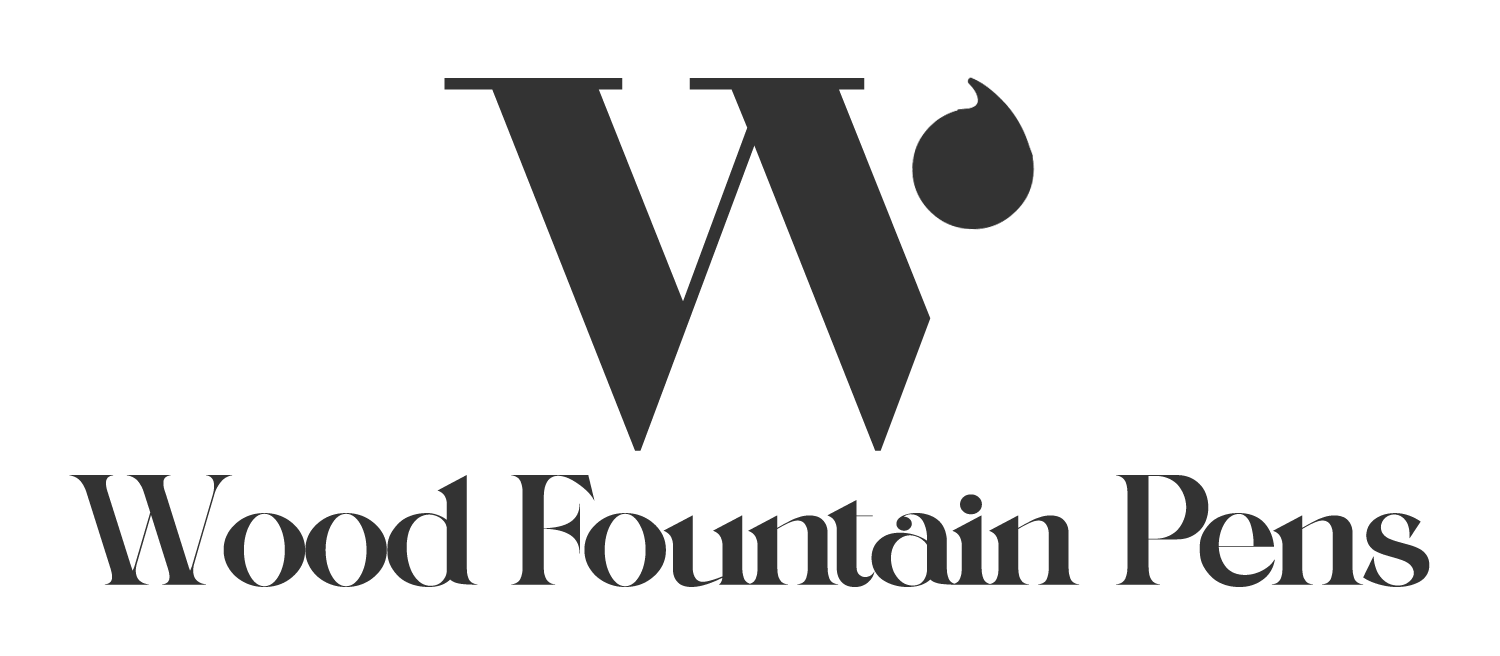
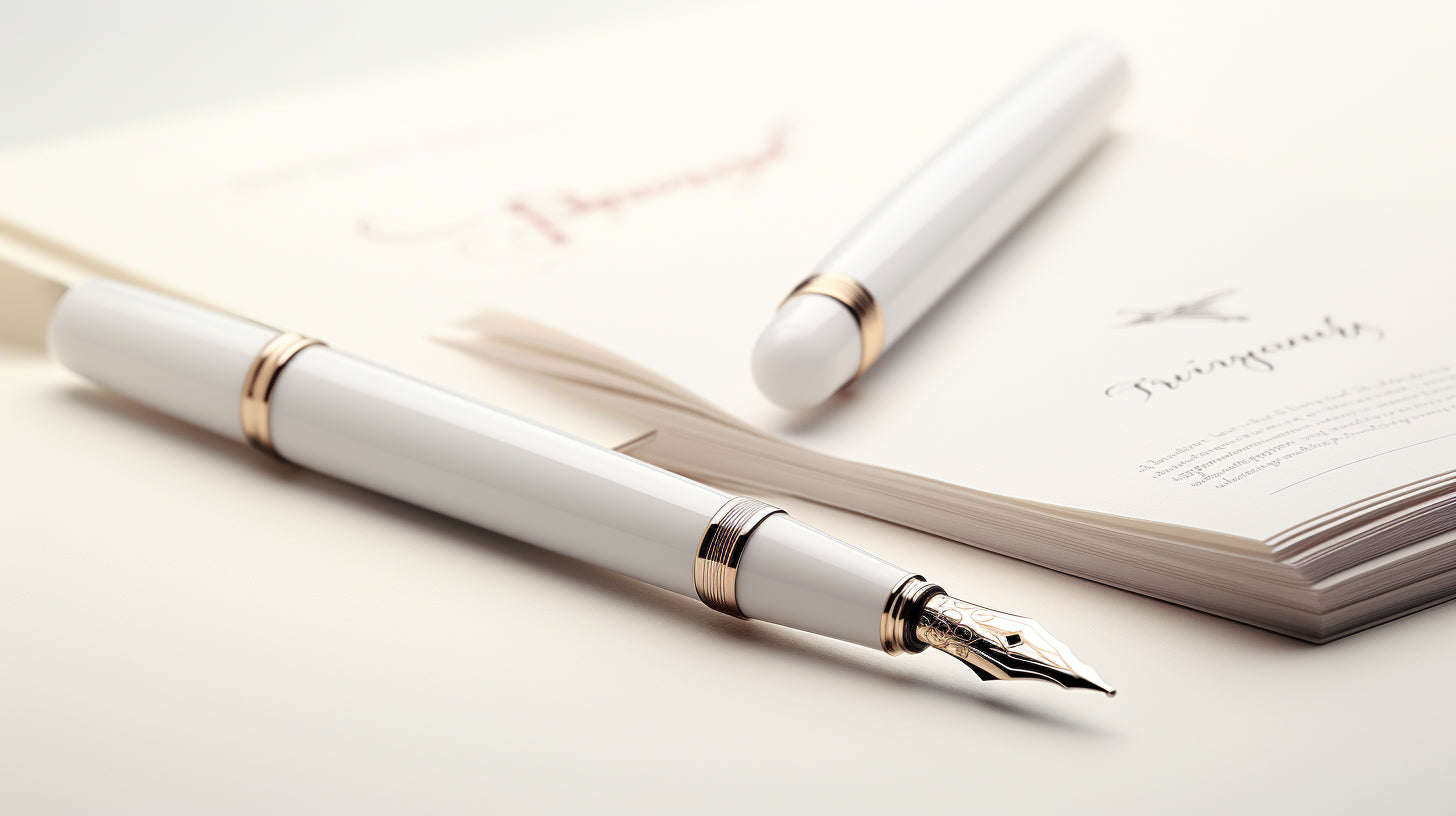
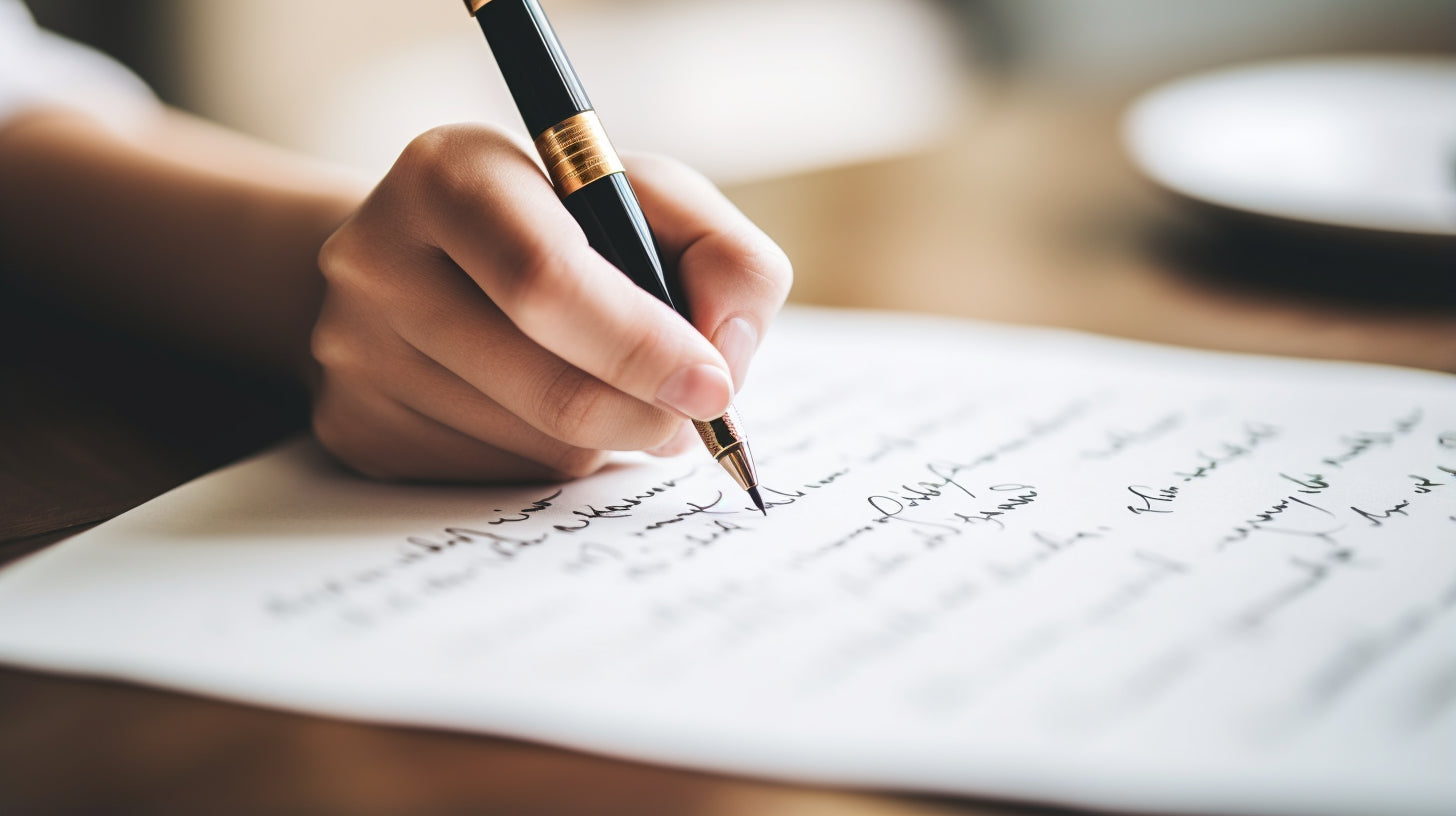
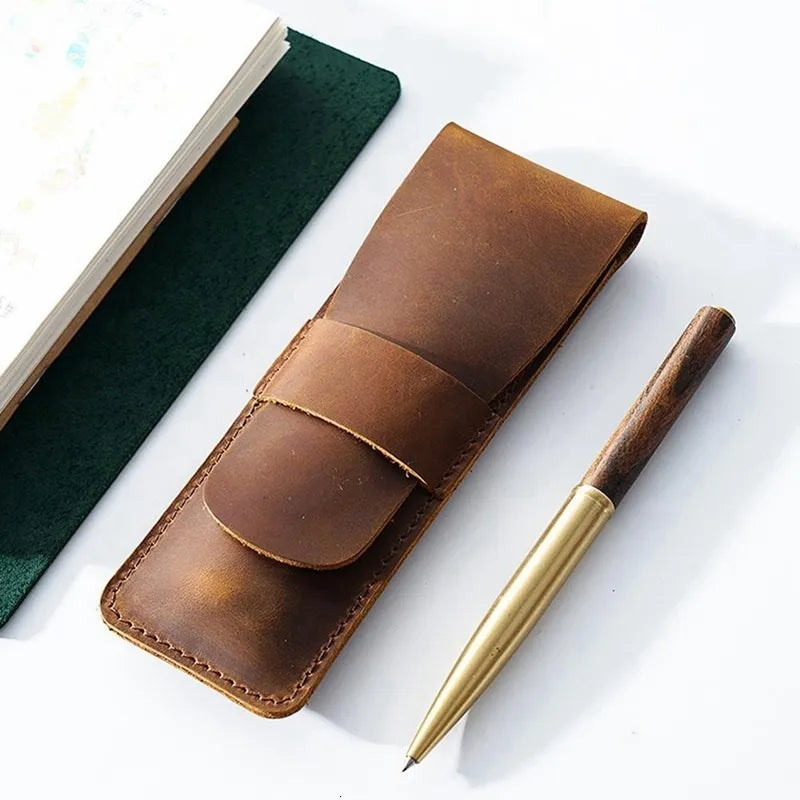
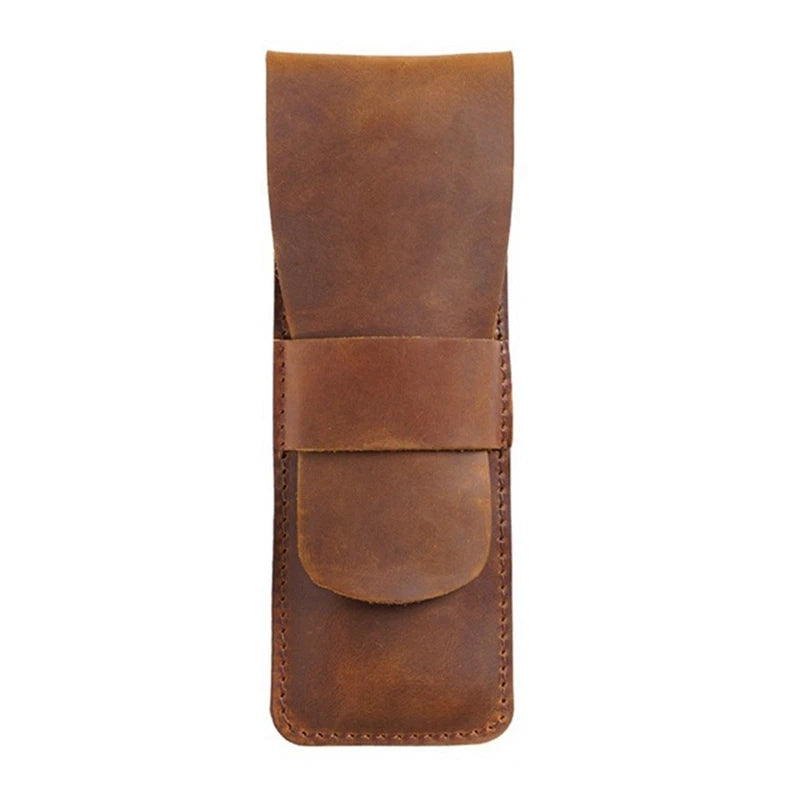
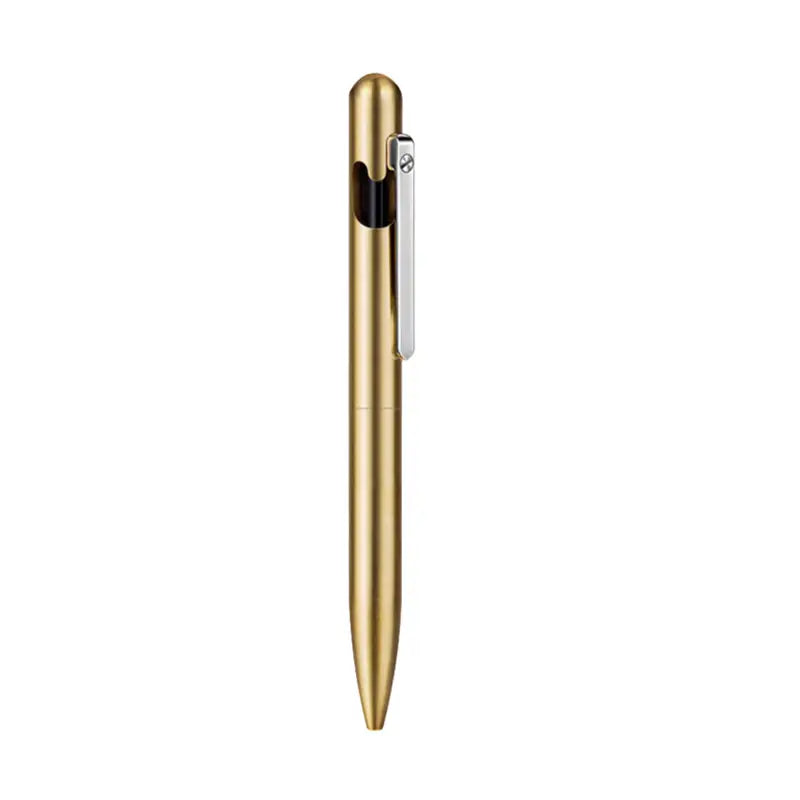
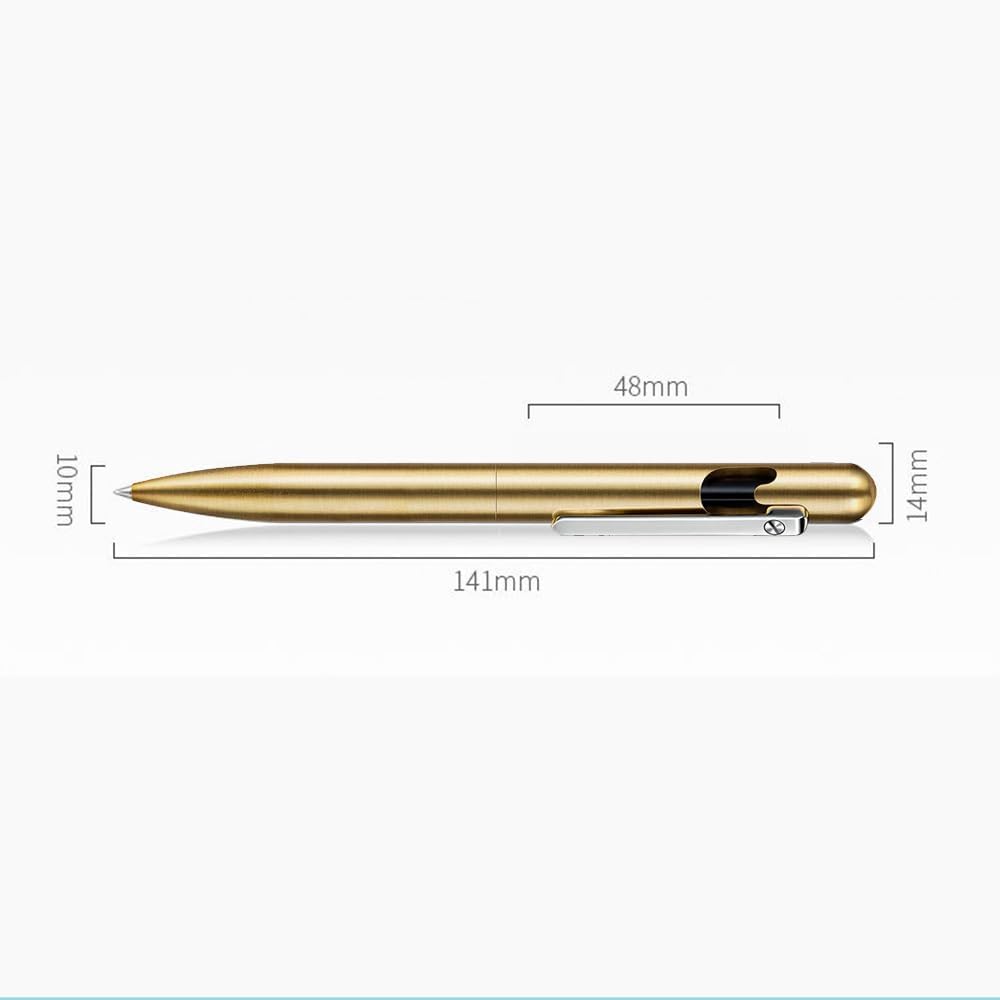
Leave a comment
This site is protected by hCaptcha and the hCaptcha Privacy Policy and Terms of Service apply.